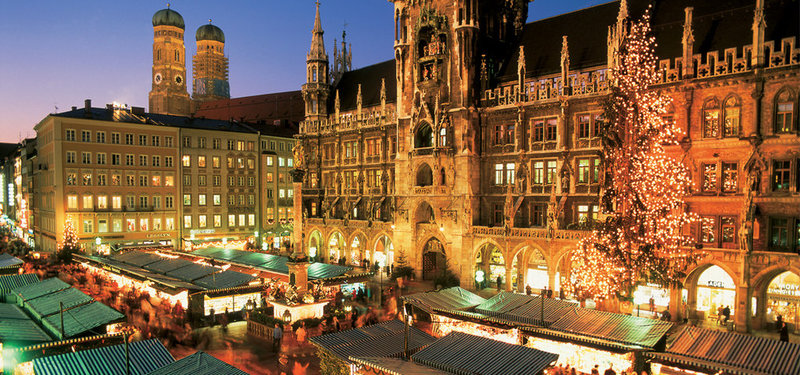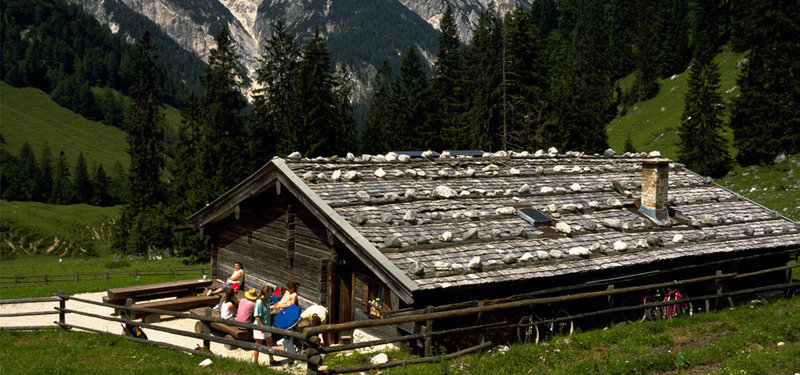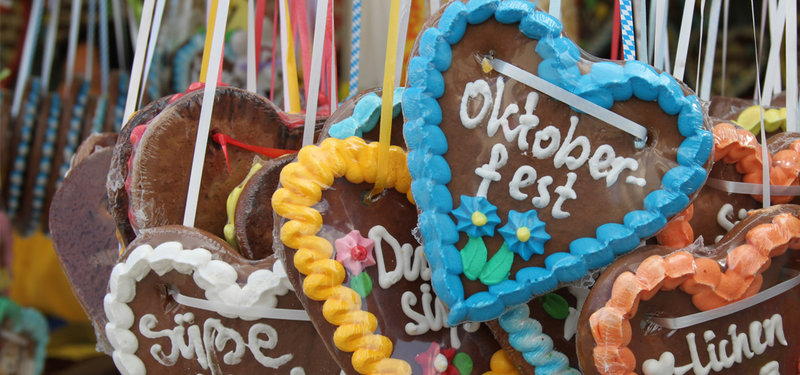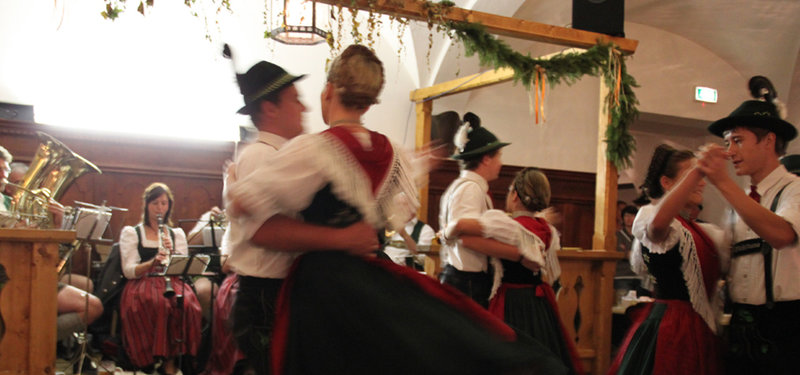Celebrate on a Monday?
Of course! April 23, 2012 marks the 496th anniversary of the world’s first food purity law, Bavaria’s famous Reinheitsgebot. The Reinheitsgebot is often translated as „the German Beer Purity Law.” Although the law took hold in Ingolstadt in 1516, a similar law had already been in force in Munich since November 30, 1487 thanks to Duke Albrecht IV. After this law, only water, barley and hops could be used in beer production. (Yeast was unknown at the time). The date, April 23, 1516, is now celebrated as the “Day of German Beer.”
Before hops were used a preservative, an old-fashioned herb mixture called “gruit” was used extensively. Since there were no standards, lots of crazy things got into the beer, including fern, juniper, bay leaves, wormwood, opium, henbane, nightshade and even ox gall. The removal of such substances is reason enough to celebrate!
But there were also rules to improve the beer quality, such as an 8 day minimum fermentation period. A simple taste-test from two citizen and two brewers was employed to test the drinkability. Another test of beer quality was the lederhosen test. Two or three men sat on an oak bench which was previously soaked with one liter of the beer to be tested. The men had to sit still on the bench for exactly two hours (measured with an hourglass). On command, the men stood up. If the bench sticks to the Lederhosen, then it meant the beer quality was good – brewed with enough maltose (malt sugar).
Although the original Reinheitsgebot of 1487 applied only to Munich breweries, it was expanded to encompass all of Bavaria in 1516. The German nation as we know it didn’t exist until 1871, but, interestingly, the Reinheitsgebot didn’t take effect until 1919. Also, some traditional local beer styles, like Gose in the Goslar - Leipzig region, were grandfathered in.
Beer Connoisseurs realize that the big brewers in North America use lots of chemistry in their process. Sadly, too many craft brewers are utilizing additives as well. Because there isn’t a Reinheitsgebot outside of Germany, the consumer is left in the dark. Though some workarounds, albeit natural ones, have been deemed to be “Reinheitsgebot compatible” the spirit of the Reinheitsgebot is strong. German brewers aren’t even allowed to add fruits or spices to any beer meant for the German Market (and still label it as beer). Will we see a loosening of the Reinheitsgebot, or will it stay as is for another 500 years?
German consumers cling to the idea that all beer should confirm to the Reinheitsgebot. Many German brewers feel limited by the confines of the 1516 law and secretly wish the law away. They would love the freedom to toss in some cherries, chilies or even coffee, much as their American colleagues are allowed. I believe, however, we need to keep chemical additives out of the beer. Is this a problem? Most consumers outside of Germany have no idea that brewers are using modern chemistry in the form of adjuncts and additives. Not only to some brewers add solid and liquid adjunctions to the mash, but it is all too common to see chemically modified hop-based additives, chemical stability enhancers, favor stability enhancers, color regulating agents, taste and flavor regulators and foam stabilizers. For a detailed explanation of this, have a look at Anders Brinch Kissmeyer’s entry in the Oxford Companion to Beer. Perhaps we’d benefit from Reinheitsgebot 2.0?
In 1516, however, the Reinheitsgebot was right on the mark and has served consumers well for almost 500 years. How will you celebrate April 23? Here’s my personal plan: Over the weekend, Munich hosts its first international festival of beer specialties, called Braukunst Live 2012 and on April 23, I’ll attend a small, invitation-only event at Munich’s famed Weisses Brauhaus. The Weisses Brauhaus is using this day to honor it’s some 800 regulars, called Stammgäste. So, I’ll have a chance to experience some of the newest products on the German brewing scene and follow up with a visit to one of Munich’s most traditional, the Weisses Brauhaus!
If you want to get into the mood – have a look at Rammstein singing all about the Reinheitsgebot!
http://www.youtube.com/watch?v=5T5q2C2IEBE&list=FLGhZBJtpG_7heemWgoRzbGQ&index=1&feature=plpp_video














